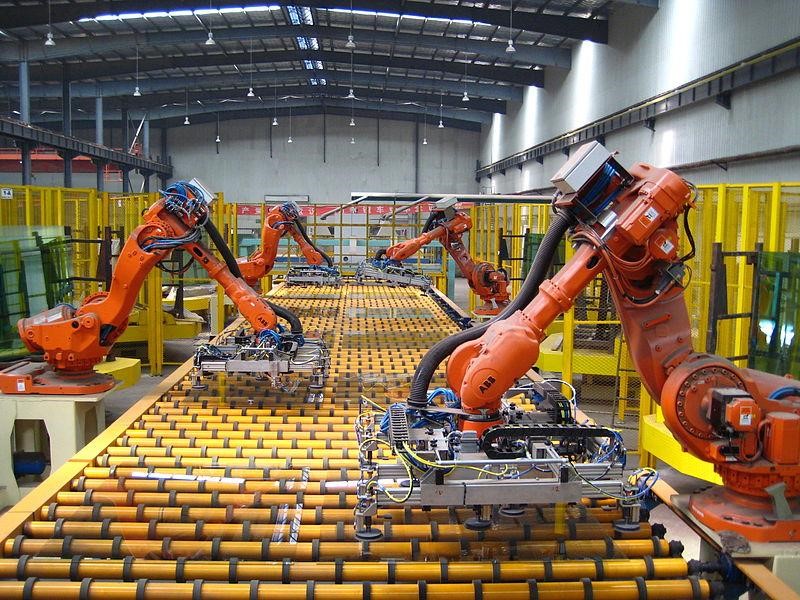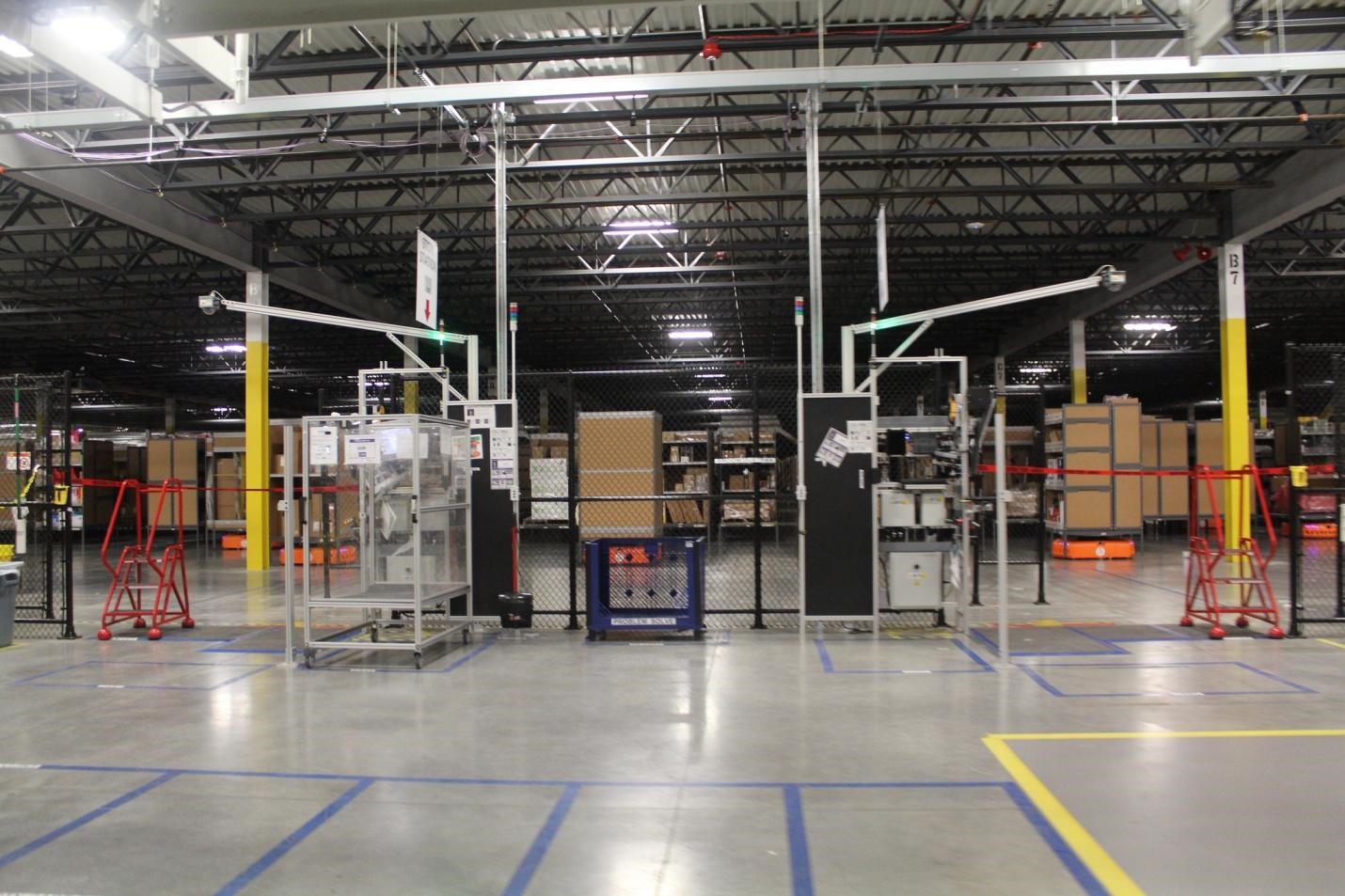Most of us enjoy the way that software and Artificial Intelligence – or AI – is making our lives easier and more flexible. However, some developers think that AI needs to inhabit a machine, or rather a robot, to take full advantage of AI and its ability to take care of all the drudgery that human beings do not enjoy.

Sensory intelligence
One company in Silicon Valley believes that for machines to act and “think” like people, they need sensory functions, in other words, the AI needs to inhabit a robot that can move around and do things. For robots to achieve this, they need to move around and collaborate with people in getting things done. For more on how robots are already making their presence felt in daily lives, see this report from The Guardian.
More efficiency
An industrial robot has already been developed with a robotic arm that has a full arsenal of sensors for it to make sense of its environment and accomplish tasks. Many warehouse tasks consist of sorting goods and recording what they are by scanning the barcodes, so the robotic arm can do a lot of this type of work automatically. This can be very important in business if you have several products that need organising with speed and precision. If you want to order your next delivery and you need expert advice on Rubber Moulding accessories for example bellows, gaitors or gaskets you could pop over to sites like https://www.meadex.co.uk/. Robots don’t get tired, which is a benefit, but they are not so good when it comes to making choices. Human beings still need to be around to solve any problems that require judgement of the type a machine cannot provide. But machines improve by being able to update software by observation of human actions.

Even with robots, goods in warehouses still need to be organised, and industrial shelving will always have a place in assisting with logical sorting processes in warehouses. With robots, logical systems may become even more important. If you are interested in learning more about the range available for industrial shelving it would be a good idea to contact experts in this field who can supply all the advice and guidance you might need.
Those who advocate developing software that operates inside a robot say that the greatest advances in AI will be derived from robots with a physical body. They can gather experiences and improve software with knowledge gained from the environment and how people function in a range of situations, much as children learn as they grow up.


